‘The DNAs of Chimps and humans are 96% similar and it appears that the similarities doesn’t end with genetic structure itself ‘. Such a heartbreaking and moving post!
“Do you know why Kiri is kept in a cage, alone and away from rest of the chimps?” The caretaker enquired

It was a sunny afternoon and the “zookeeper for a day” at Uganda Wildlife Conservation Education Centre (UWEC) in Entebbe (Uganda) was proceeding in an amazingly awesome way. During the first day in African soil I had pleasant interactions with a cheetah, Edward –the cute baby elephant, Charles – another young elephant, giraffe, and even rhinos. Now I guess you would agree with my “amazingly awesome” adjective!!! Just when I thought I won’t be able to handle anymore African awesomeness I was told by the caretakers that next I’ll be taken to Chimpanzees’ shelter. Uganda and Rwanda offer trekking opportunities to watch Gorillas and Chimpanzees in the wild but exuberant price of packages were too hot to handle for the humble backpacker from Kerala. So I was more than…
View original post 761 more words


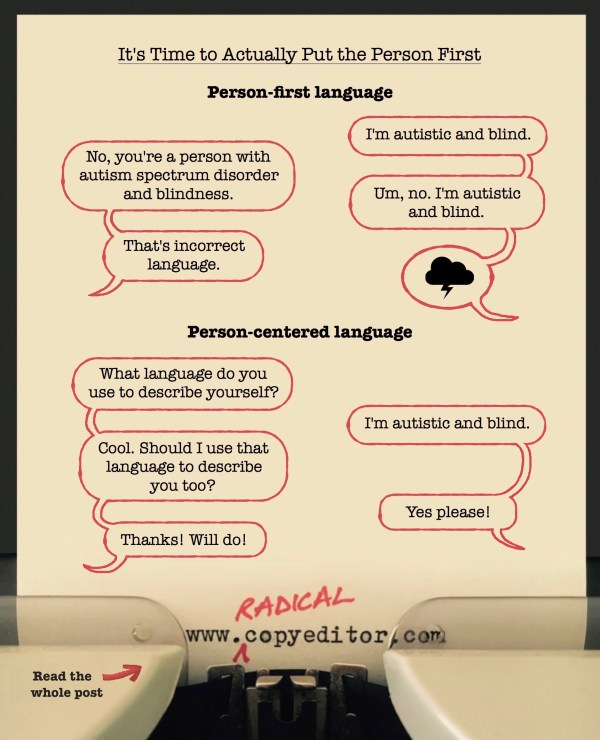
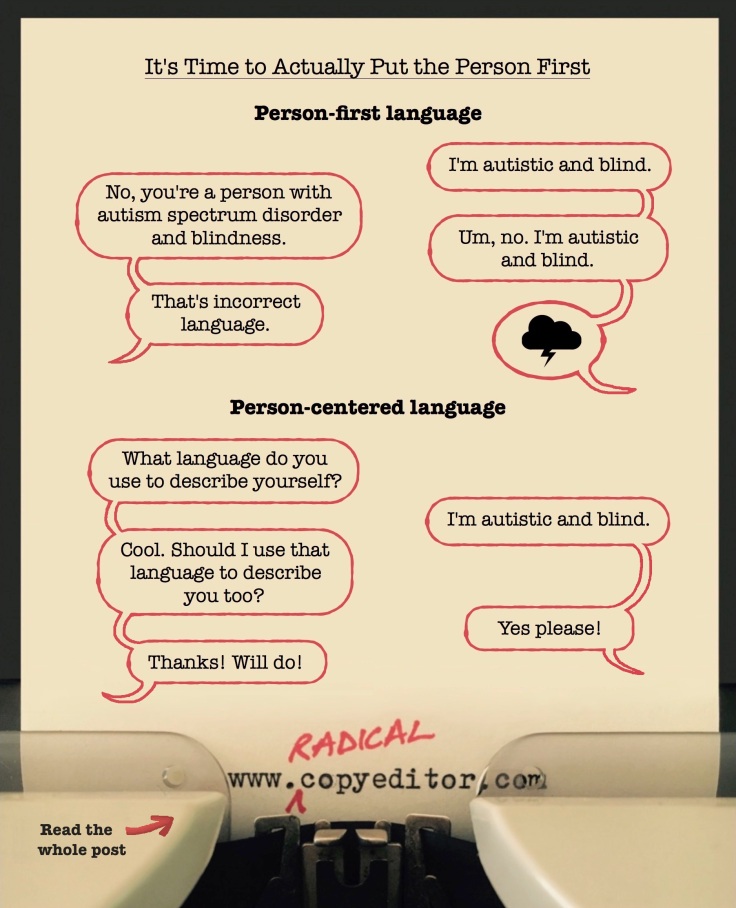
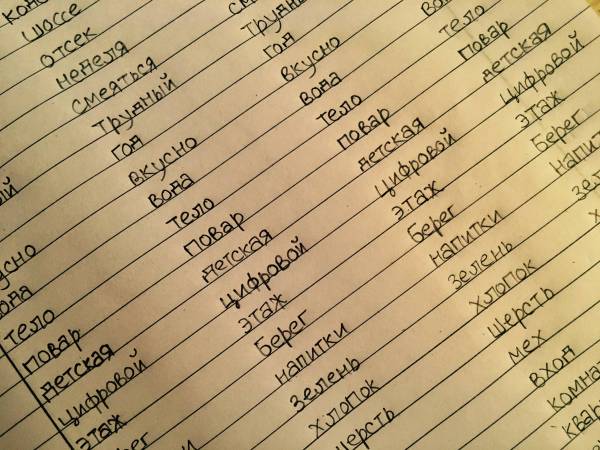

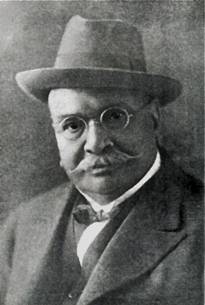

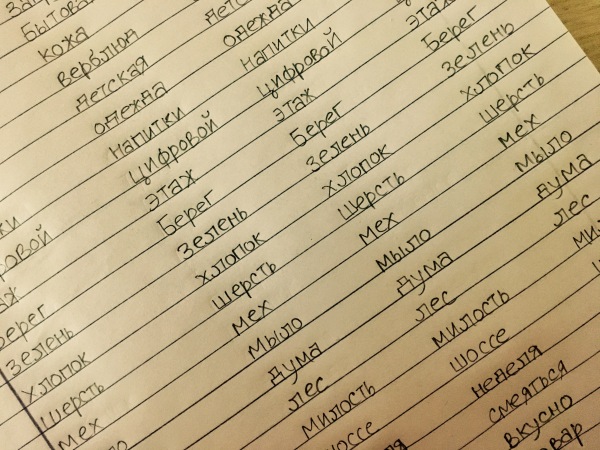

You must be logged in to post a comment.